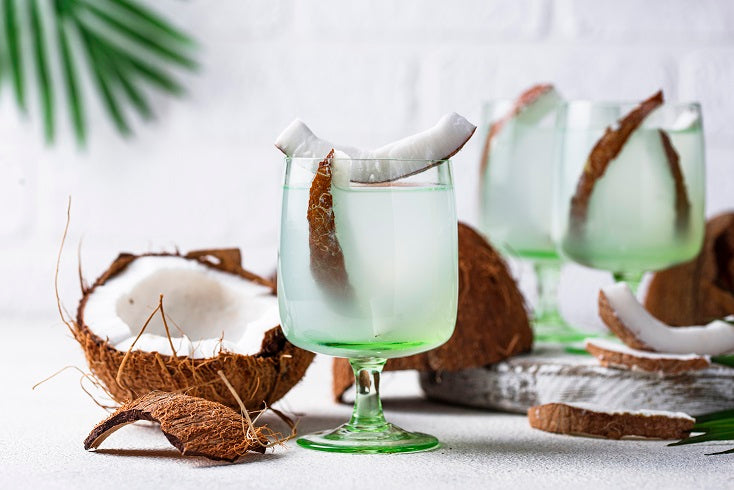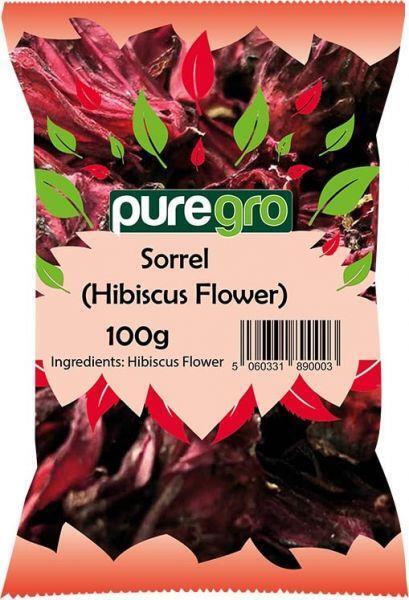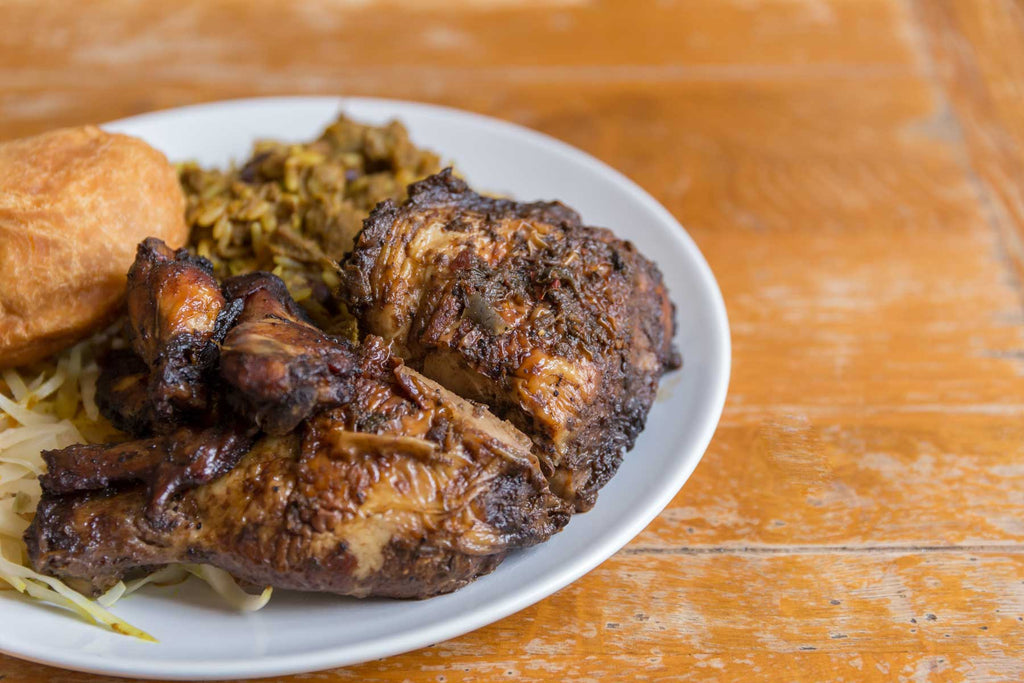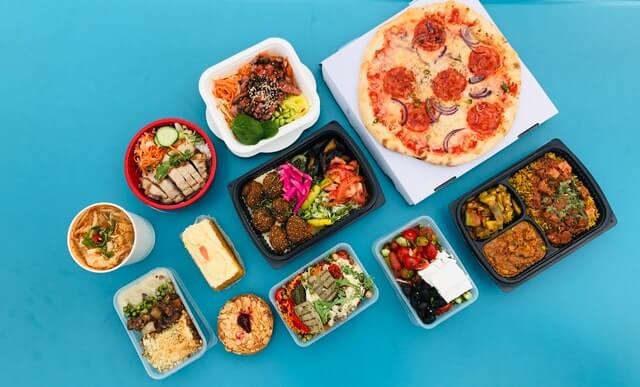
Why Coconut Water is the Ultimate Caribbean Superfood?
- By Joanne Crossley
- 0 Comments
A few years ago, only those in the know were familiar with coconut water, least of all its many health benefits. Now, coconut water is everywhere, being touted as the latest Caribbean superfood. Fans claim that drinking coconut water helps with athletic performance, weight loss, re-hydration and electrolyte replacement.
Coconut water, also known as coconut juice, is found in green, immature coconuts. It is clear and tasty, with each coconut normally yielding a high amount of liquid. It is accessed by slicing the top off the young coconut to pour the juice out. It is different from coconut milk and oil, both of which come from the grated flesh of more developed coconuts. It is now commonplace to find coconut water in supermarkets, as well as health-food stores and beverage suppliers.
What Are The Benefits?
Coconut water offers more than a cool way to quench your thirst after a session at the gym. It is full of vitamins and minerals that give your body a real boost. Coconut water is commonly known for its high electrolyte content, containing minerals such as potassium, magnesium and sodium. Electrolytes like these are key for wellbeing and play a major role in rehydration and helping your heart rhythm and muscle performance.

Coconut water can help the body in many ways, thanks to its high mineral content and low sugar and calorie count. These include the following areas:
Muscle And Nerve Function
The magnesium in coconut water helps support healthy muscle function, as well as regulating blood sugar levels and managing nerve function. A magnesium deficiency can be serious if left for too long and can be identified by signs of fatigue, nausea and weakness. Drinking one or two cups per day is enough to give your body a magnesium boost to help support healthy muscles, nerves and body function regulation.
Bone Health
Bones need a healthy level of calcium in the diet. Coconut water contains calcium, along with other beneficial electrolytes. Taking in too little calcium can lead to problems with bone density and weaker bones that are more prone to breaking. Introducing coconut water into your diet is a great way to boost calcium intake for very little effort.
Hydration
Some gym-goers and exercise fans swear by coconut water as a superior rehydration method to plain water. It contains more electrolytes than water and is relatively low in calories compared to sugary, carbohydrate-electrolyte sports drinks. It has a pleasant taste, which can encourage people to drink more during exercise, thus staying more hydrated. Kidney stones can be a nasty side-effect of regular dehydration, so coconut water can help avoid this particularly painful problem too.
Blood Pressure
Many people claim that coconut water can reduce blood pressure due to its potassium content. Potassium-rich foods such as bananas, apricots and leafy vegetables do help to lower blood pressure, so there is merit in this claim. Potassium helps by countering the effects of too much sodium in the body, which can lead to higher blood pressure and hypertension if left unchecked.
Weight Loss
The naturally sweet flavour and low sugar content of coconut water makes it a good alternative to full-fat fizzy drinks. It is also fat- and cholesterol-free, with 94% of its content made up of water. Drinking coconut water can help quench the thirst that can sometimes be mistaken for hunger, thus helping in a weight loss regime. Always consult your doctor before significantly changing your diet or if you have problems with your kidneys, due to coconut water’s potassium content.
How to Use Coconut Water?
Look for natural coconut water that has been harvested straight from the coconut for the purest, most beneficial version of this Caribbean superfood. Check the label to make sure there is not too much sugar or salt added. Coconut water works well in smoothies to add a tropical taste for a few extra calories. You can add it to other drinks too, to add a coconut taste. It works well when added to sparkling water or pineapple juice for a fresh, non-alcoholic treat. Or, add a splash to a curry instead of cream for an added burst of flavour.








